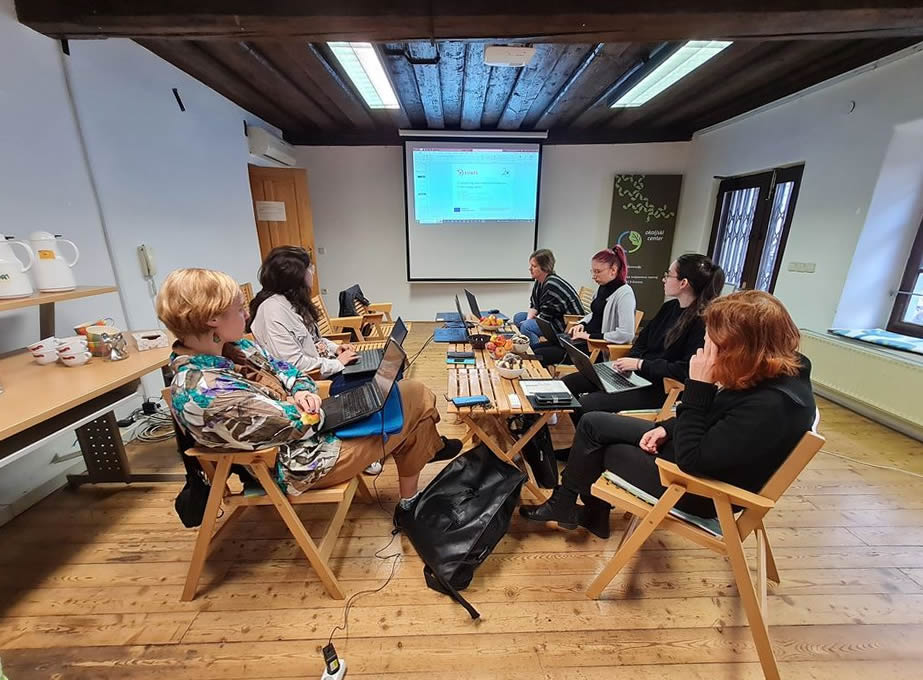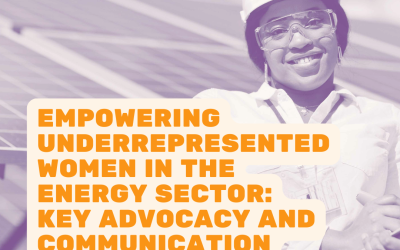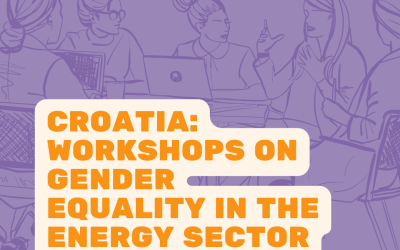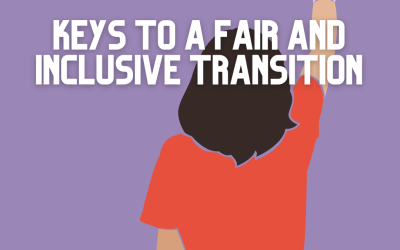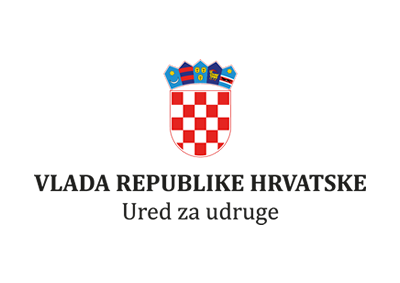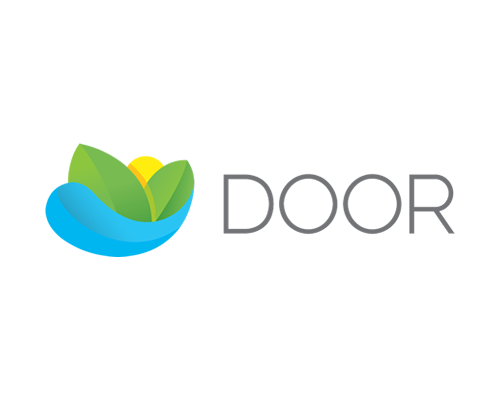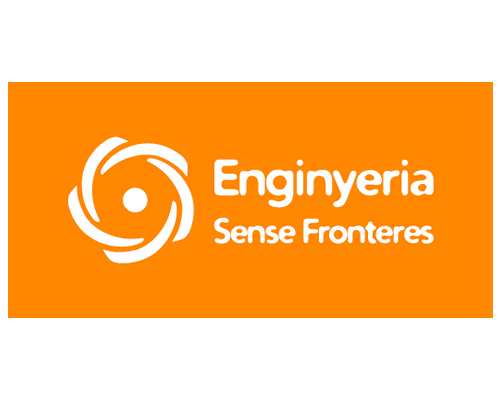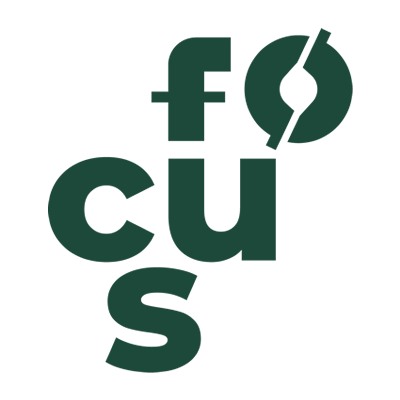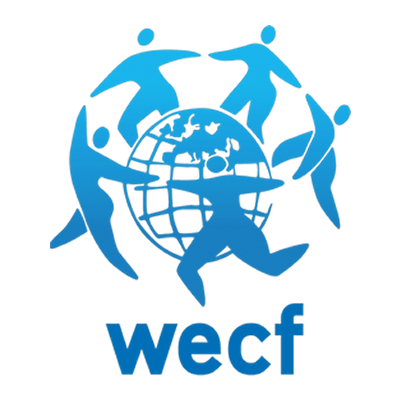Launching a EU funded project to reverse the underrepresentation of women in the energy sector.
A groundbreaking initiative aimed at addressing the underrepresentation of women in the energy sector has commenced with the successful kick-off meeting of the project “Empowering Underrepresented Women in the Energy Sector”. This project, financed by the European Union, brings together four organizations dedicated to environmental and gender justice: DOOR, ESF, Focus and WECF. The kick-off meeting held in the city of Ljubljana last week served as a pivotal moment for project partners to come together and align their efforts towards the project objectives.
It is widely acknowledged that women continue to be significantly underrepresented in decision-making roles, particularly in technical domains such as the energy sector. According to the International Energy Agency (IEA), despite making up 39% of the global labour force, women only account for 16% in the traditional energy sector, facing a 20% wage gap (IEA, 2019). Recent field data also reveals that despite spending more time at home and using more energy services, women have limited involvement in household energy decision-making and are known to be more affected by energy poverty. The COVID-19 crisis further exacerbated these inequalities, as women experienced greater job losses and income reductions, particularly within precarious sectors.
In this sense, the primary objective of this pioneering project is to address the gender gap in management and leadership positions across the energy sector, with a specific focus on suppliers. Through comprehensive multilevel analysis and mapping of national policies and strategies, we will identify and understand the key obstacles that prevent women’s progress within the energy sector. By leveraging this data, the project will develop policy recommendations tailored to each national context.
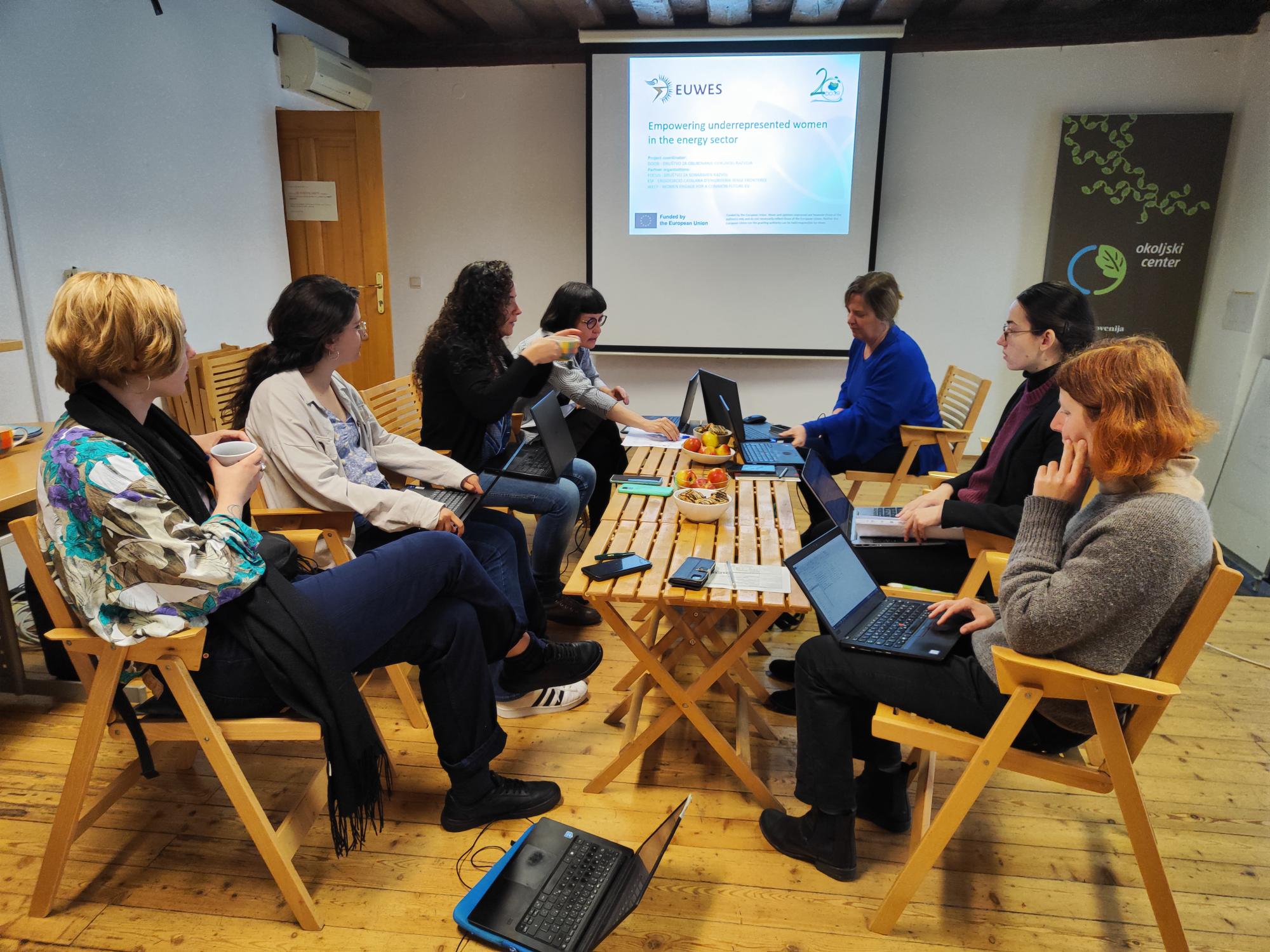
To ensure the successful implementation of these recommendations, a series of awareness activities will be conducted targeting decision-makers, energy company management, higher education institutions, and employers’ associations. By engaging with these stakeholders, we aim to foster a supportive environment that encourages the advancement of women within the energy sector. In short, the project will:
– create four national support groups for women in the energy sector – the aim of which is to provide mutual support, mentorship, and training;
– train and include into support networks 200 women employed in the energy sector and up to 400 female students enrolled in technical studies, thus empowering them to overcome the gender gap and become strong future leaders in their respective organisations;
– assess the current employment policies, enrolment policies, situation on the labour market and workforce, and general position of women in various organisations active in the energy sector formulate national and EU policy recommendations and
– promote policy solutions for the increase of gender equality in the energy sector, labour market,higher education sector at a national level and EU level among 100 key stakeholders and decision- makers in the energy sector, 100 key stakeholders and decision-makers in the education sector, and 100 key stakeholders and decision-makers in the labor market.
The partners involved in this project bring together a wealth of expertise and experience in gender equality, sustainable energy, and policy advocacy. DOOR, Focus, ESF, and WECF are fully committed to collaborating closely with each other and with stakeholders at various levels to achieve the project’s ambitious goals.
Partners
– DOOR, Croatia
– Focus Association for Sustainable Development, Slovenia
– Women Engage for a Common Future, WECF, Germany
– Associació Internacional d’Enginyeria sense Fronteres, ESF, Spain
For media inquiries, please contact: daniel.lopez@esf-cat.org
